Politics, Connections, and Data Decolonization - Data Culture #13
In this issue, we discuss projects between politics and data, including our eighteenth edition of Data and Guaros and proposals for the decolonization of data.
Available in:
Check this week’s must-sees: we start with Tactical Tech’s project on data and politics. We continue with the visual essay of the characters in different currencies around the world. You will find the team’s recommendations and the blog post on last edition of Datos y Guaros: Colombia and the pandemic elections. In addition, we share with you our data plus on data decolonization interventions.
Newsletters | Blog | Subscribe
Data and Politics
Data drives much of the world’s political campaigns. That’s why the NGO that collaborates with citizens and civil society organizations to explore and mitigate the impacts of technology on society, Tactical Tech, proposes the Data and Politics project.
It explores which political entities use certain types of data, how their various collection methods work, and how this affects democracies around the globe. It is important that, as voters, we have control over our data and protect our privacy. In this regard, the A Voter’s Guide: 7 Tips to Detox Your Data may be helpful.
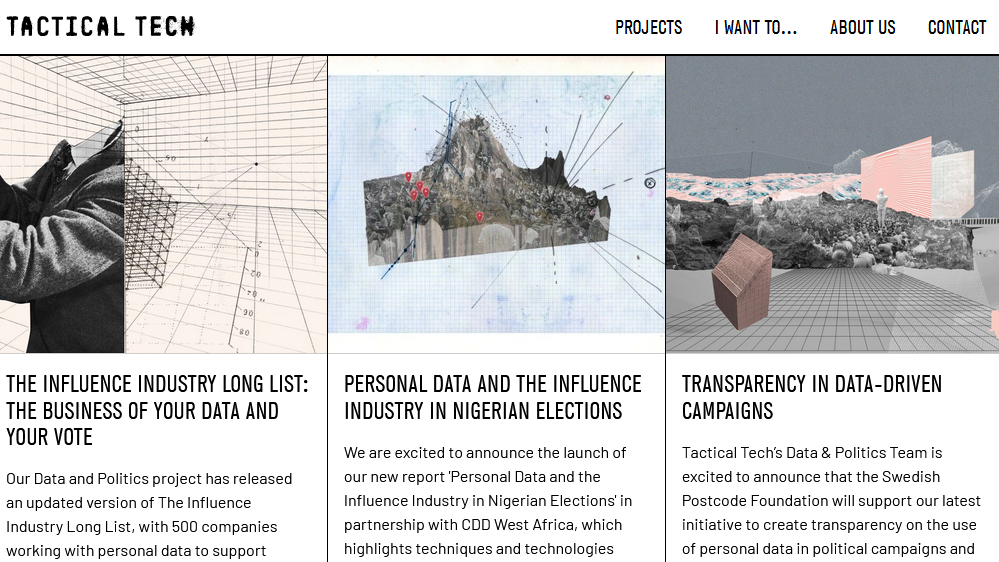
Source: Tactical Tech
Who’s in Your Wallet? A visual essay about the famous figures who represent today’s currencies around the world
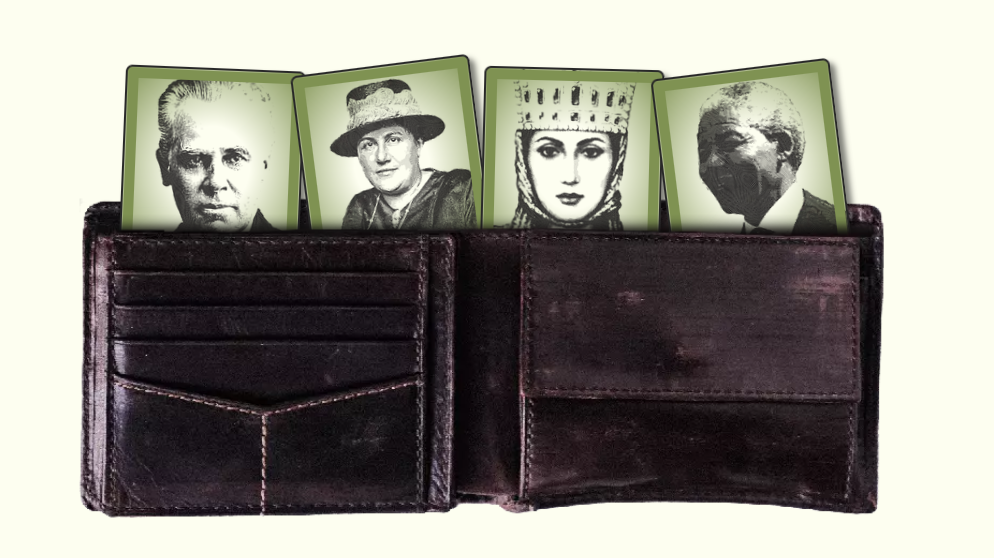
Source: Who’s in Your Wallet? | The Pudding
In this visualization, The Pudding asks who appears on banknotes and why they are there. For this, banknotes from 38 countries and 236 unique banknotes were analyzed. We’ll give you some facts: 79% of the characters printed on them are men. 19% are writers. Only 10% have been alive to see their faces on these coveted pieces of paper.
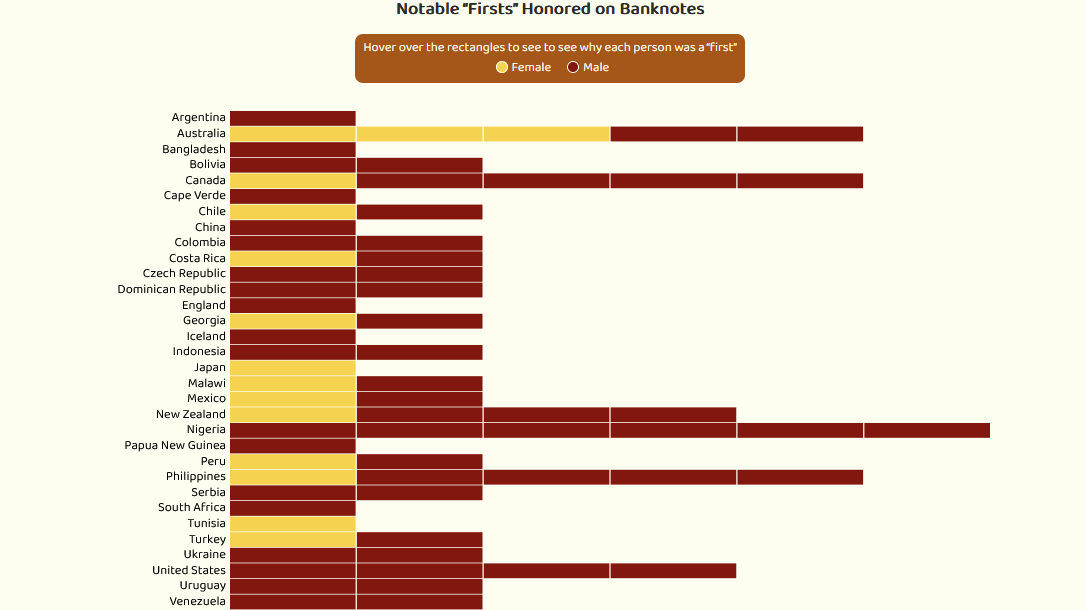
Source: Who’s in Your Wallet? | The Pudding
The design is by Alejandra Arevalo and Eric Hausken, using code by data scientist Jeff MacInnes. Click to learn more about this topic.
Things We Like
- 🤖 Data Conscience: Algorithmic Siege | Wiley. This book explores discrimination in the digital data space. Coming soon!
- ⌨️ I brought my childhood imaginary friend back to life using A.I. | Lucas Rizzotto. This thread on Twitter shows how to articulate artificial intelligence and reality to give voice to imaginary friends, in this case, a kitchen microwave.
- 📚 New Works to Enter the Public Domain in 2022 | American Writers Museum. Museum experience celebrating the influence of American writers and history, identity, culture, and everyday life.
- 🌐 Costs of Connection | Nick Couldry y Ulises A. Mejias. Book. Connection and human progress are ushering in a social era that is part of capitalist production, and collected data is the medium for this transformation.
- 🎨 Have you seen a visual table of contents in a book? | Alli Torban. Visual creation of data from a traditional table of contents.
Casa Datasketch
Datos y Guaros
Datos y Guaros is an informal meeting between journalists, info activists, researchers, and people curious about data who gather to share experiences and projects and learn while drinking “guaros” (a traditional aniseed-based drink).
We tell you what happened at the eighteenth edition of Datos y Guaros at Casa Datasketch.
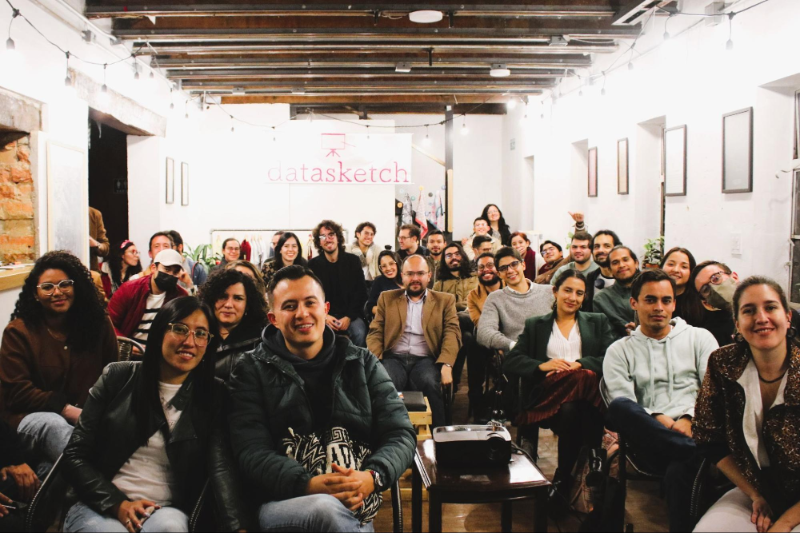
Sucre Cultural Map
We launched the Sucre Mapa Cultural project, a map where you can find all the cultural information of the region, places of interest and artistic expressions.
We tell you in this post how we developed this project, its interest and how our different teams articulated to make it happen.
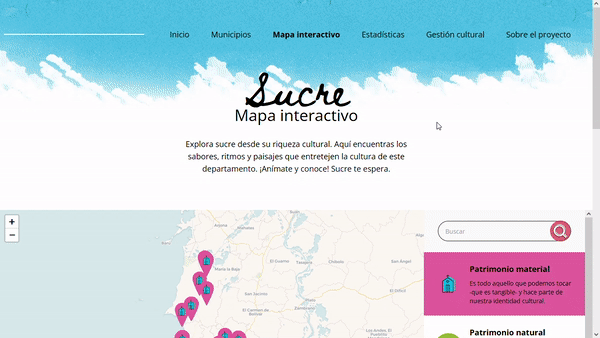
Data plus: Tierra Común
Our team recommends: Tierra Común, Interventions for data decolonization. This proposal emerged in Mexico in 2015 and unites citizens, activists, and academics to articulate the global south for data decolonization. They focus especially on Latin America and how data mining discriminates against us and separates us from our own lives. Therefore, they invite us to imagine a common land where it is possible to live humanely with data.

Source: Tierra Común
That's all for now
Subscribe to our newsletter! You will receive our content directly in your inbox.
Verónica and Edda wrote this issue. Learn more about data journalism, data culture, and open government in our blog and newsletters.




